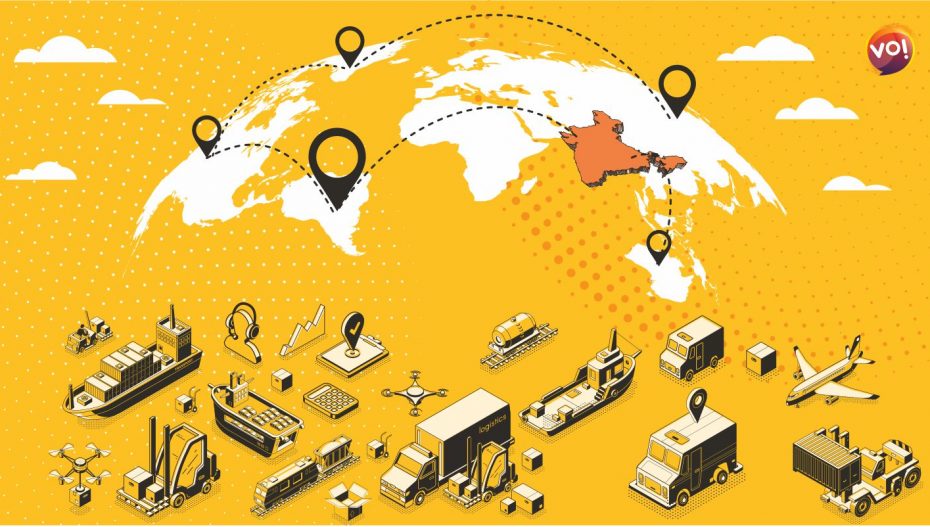When President Biden recently spoke of how pencils used by American kids are assembled from wood sourced from Brazil and graphite supplied by India, he probably meant to illustrate how complex global logistics are, for even the simplest of products. At a time when the global supply chain has run into big problems, with supplies unable to meet demand and a consequent rise in prices across the board, Biden promised he would do all he could to unclog the system.
The global supply chain is an amazing thing. I remember meeting a German procurement consultant named Gerd Kerkoff some 15 years ago, when outsourcing was just taking off in India. He had brought a bunch of bankers from Dusseldorf to Mumbai, to show them the facilities of engineering firms that German companies might source components from. By the end of the tour, the bankers were so disoriented by the sights and sounds (and smells) of Mumbai that outsourcing strategies had receded from their minds. They quickly gave the Kerkoff the go ahead and caught an early flight back to Germany. “If it is like this for savvy bankers, imagine what it would be like for purchase managers of individual companies, who have never been outside Europe,” he told me.
Outsourcing has become an imperative for companies in the developed world, but it isn’t easy. But those who managed to pull it off have reduced their costs substantially. The initial rush to outsource led to the rise of consulting firms that specialized in helping their clients set up what are now called global supply chains. Kerkoff Consulting, for one, helped German firms find suppliers from Asia. There were also large global firms like Accenture, which built a huge business on the back of the outsourcing wave. Their mandate was not just to find suppliers, but set up systems that would integrate them with their buyers, using the latest in information technology. The buyer and sellers would not be able to meet over lunch, like they did before, but they could video conference.
Large Indian companies like L&T, Crompton Greaves and Dabur boosted their export sales through the outsourcing wave. Dabur, for example, became a supplier of cheap tooth paste for the US prison system and L&T made circuit breakers for Schneider Electric (it eventually sold its circuit breaker division to Schneider in 2018). Along with large companies, many medium scale enterprises, of the kind identified by Kerkoff, became part of the global sourcing network.
Ketan Chandarana started Synergy Global Sourcing in Bangalore with the aim of helping medium scale companies export. Synergy acts as an aggregator, a single node for numerous suppliers from India and buyers in the US and Canada. How have the recent problems in the global supply chain affected his operations? “Prices of inputs like aluminum, copper and steel have risen but for the most part, buyers have agreed to an adjustment in prices to offset the higher costs we incur. More troublesome is the shortage of containers and the clogging of major ports in the US. Air freight is also unable to cope with the demand. We had a record of 90% on-time deliveries in the past. That has come down to 45%,” says Chandarana.
Synergy exports components that go into lawnmowers, beach umbrellas and equipment for the Canadian metro rail. What about consumer goods, the kind that are bought during Christmas? Shirish Patel spent most of his career working with a firm in Chennai that made leather handbags for well-known luxury brands. Now his firm, WCO Consultants, helps others in the same business. “I’d say Indian suppliers have been able to meet their commitments ever since they resumed operations after the lockdown in June 2020,” he says. “But then, Indian factories operate on a much smaller scale. Our factories employ less than 2,000 people, whereas factories in other Asian countries, like China, Bangladesh, The Philippines or Vietnam, employ more than 10,000.”
Since the global supply chain crisis began last month, companies that have so far been outsourcing from China are considering India as a risk hedge. If it can get its act together and scale up, India may now be in a position to grab a larger portion of the global outsourcing pie.












